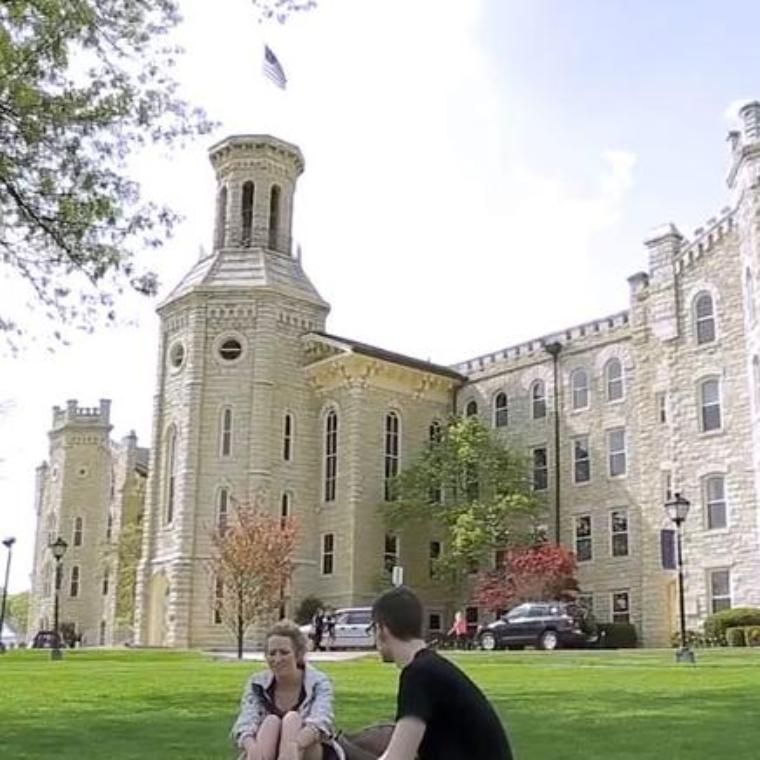The Shared Core consists of the following courses that every Wheaton undergraduate student takes:
- Holistic Human Flourishing - CORE 131 is earned by attending Passage or by registering for the on-campus course the first semester on campus.
- First Year Seminar – a CORE 101 course taken by all first-year students their first semester. Explore the different topics available and choose one that looks interesting to you!
- Old Testament – choose: BITH 211, ARCH 211, BITH 221, or BITH 312.
- New Testament – choose: BITH 213 or ARCH 213 or BITH 317
- Christian Thought – BITH 315 (or BITH 374 for majors/minors or BITH 376 for those who attend Wheaton in Chicago)
- Advanced Integrative Seminar – choose any 300-level CORE course. The course you choose will also likely carry a thematic core as well.
- Capstone – This will overlap with your major requirements and is typically taken during your senior year. (You can recognize it because it's usually the course with the 494 course number in the major requirements.)
